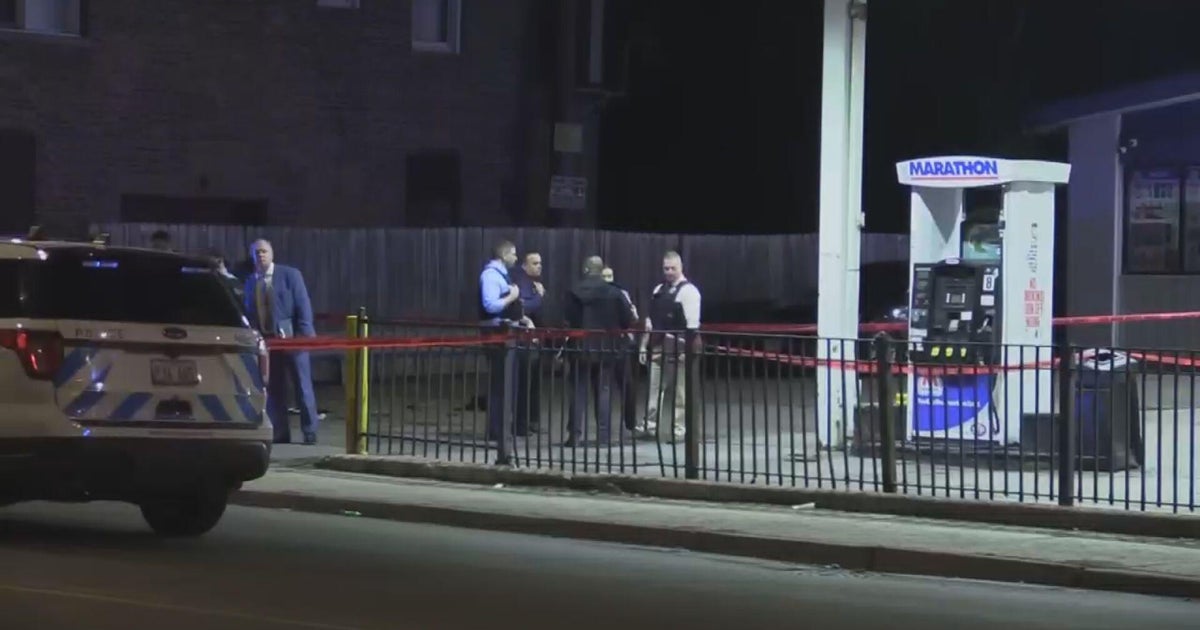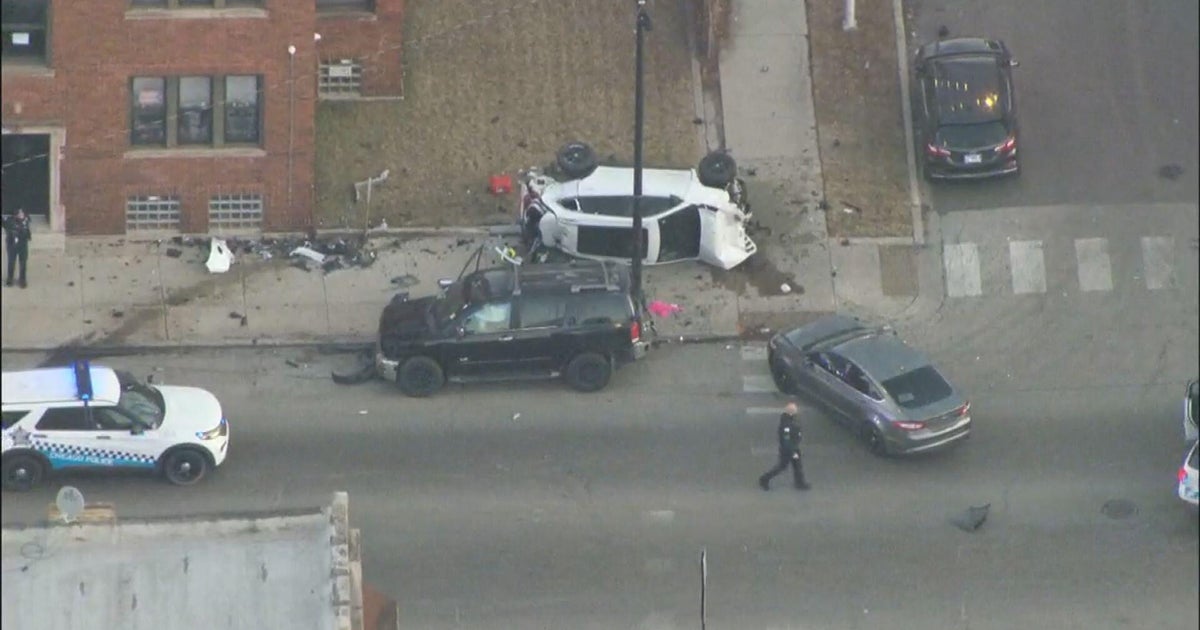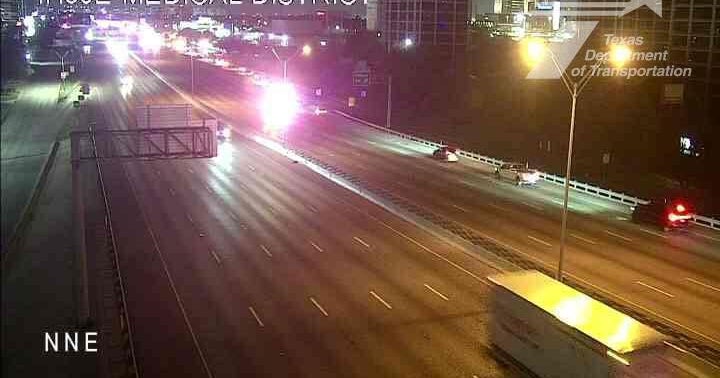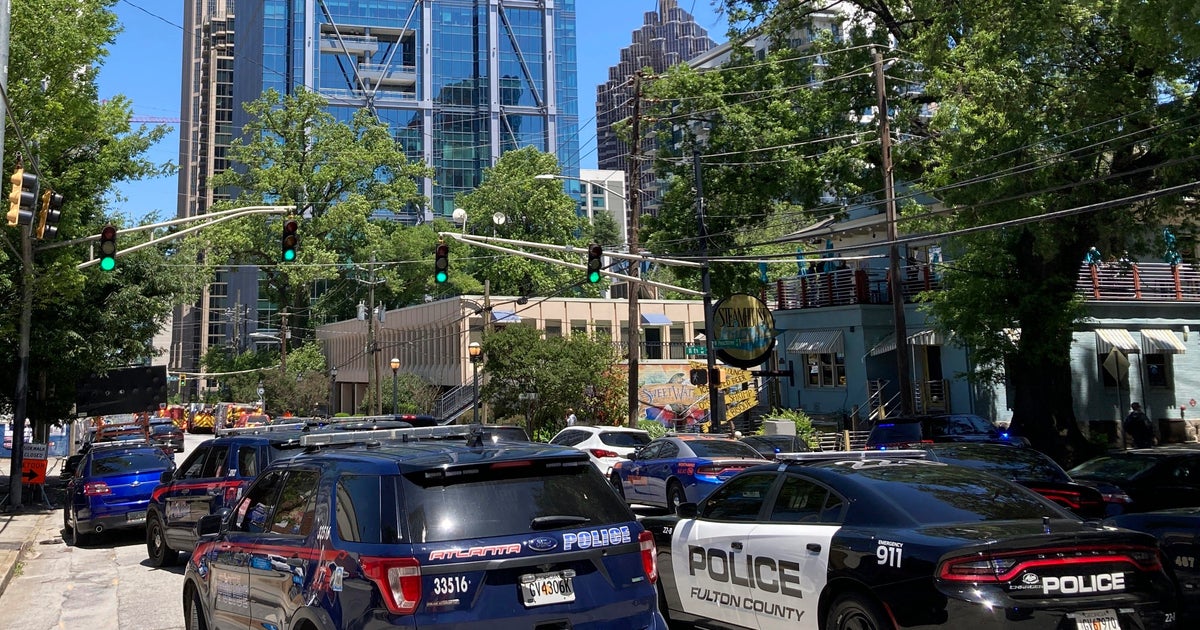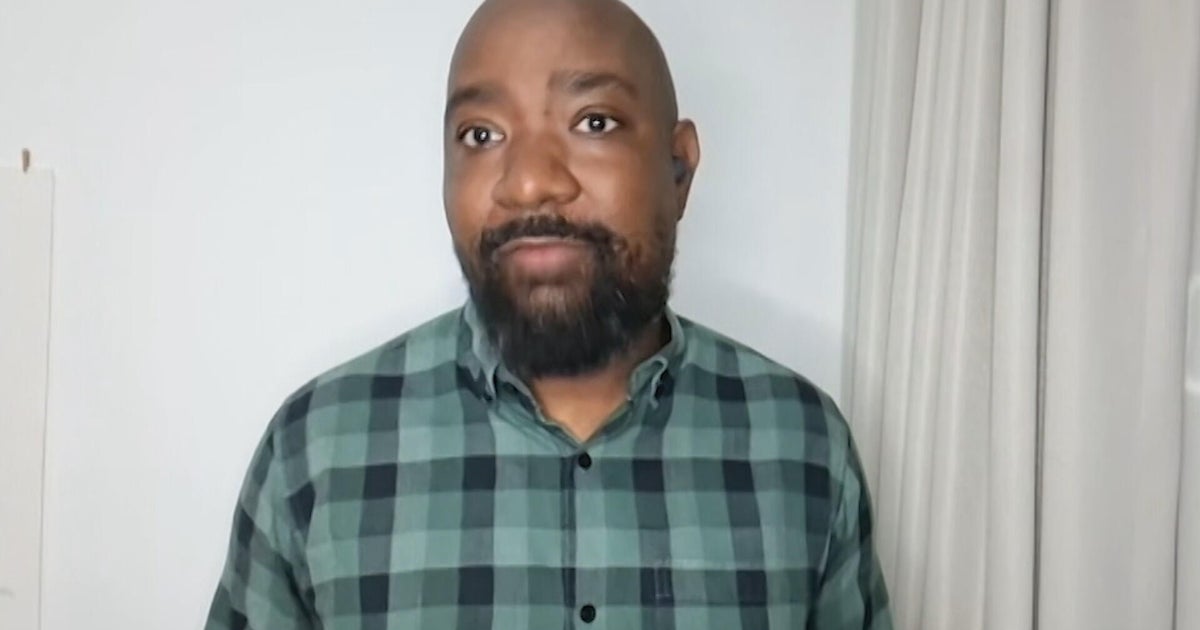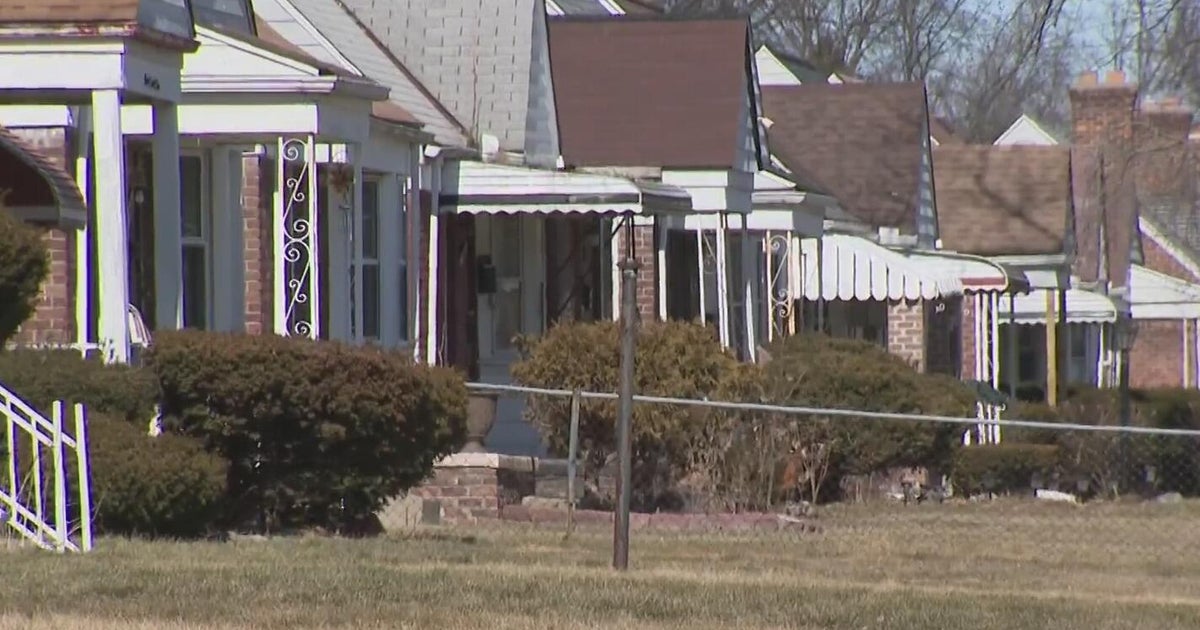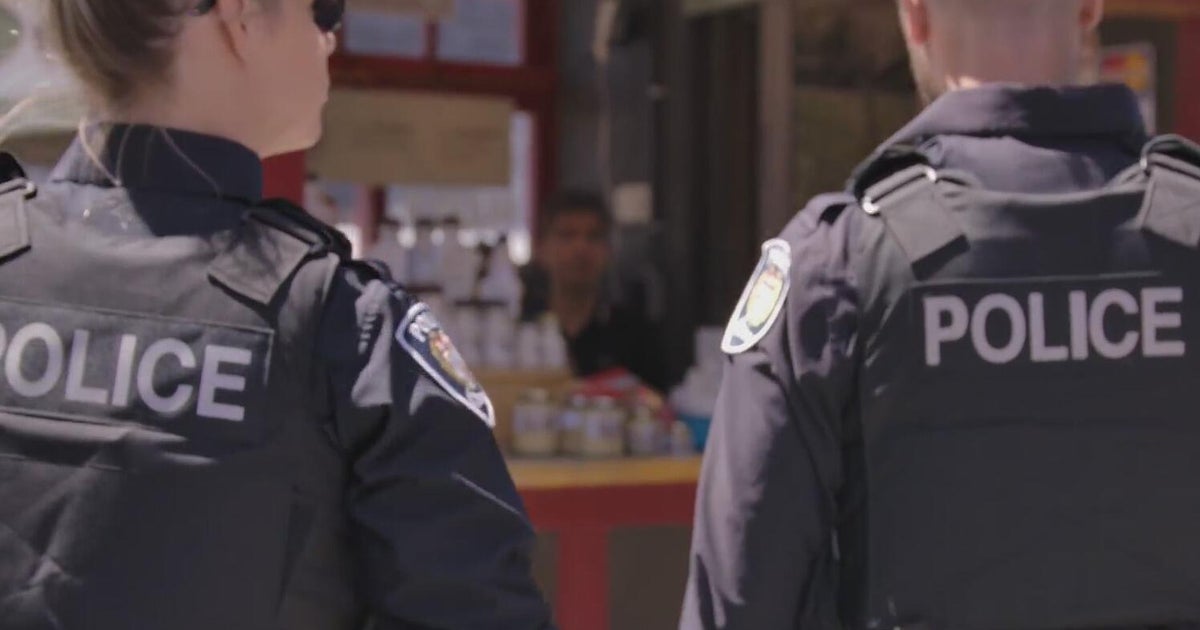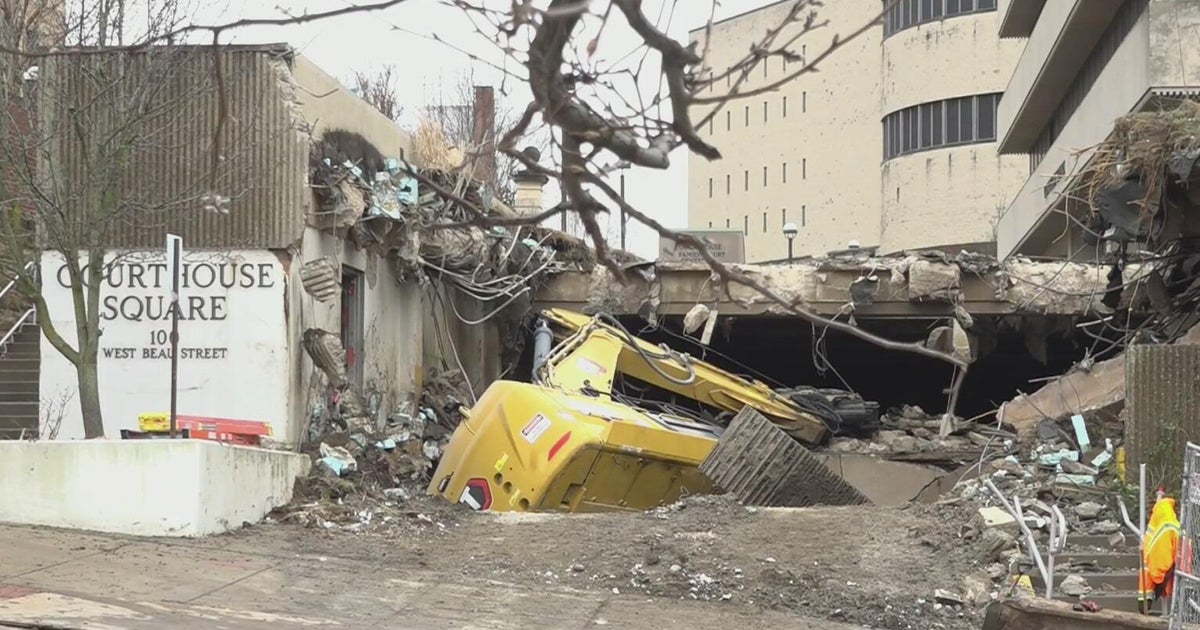'Dixie Pipeline' Is Sending A Lot Of Guns To Chicago From Mississippi; What Is Behind It?
CHICAGO (CBS) -- With gun violence on the rise in Chicago, the U.S. Department of Justice is set to unleash what is being touted as a "Strike Force."
On Tuesday, CBS 2's Chris Tye took a close look at where the guns being trafficked from before they end up at Chicago crime scenes. One state stands out from the rest, and for reasons you might not expect.
Illinois, Indiana, and Wisconsin, of course, are rivals in sports and neighbors. They also funnel weapons into and out of each other every hour of every day.
But one state funneling guns into Illinois is not home to a Great Lake and is not a neighbor. It's coastal, sitting on the Gulf of Mexico. But it has deep Illinois roots.
And while there is a different speed to things in the Magnolia State, Mississippi is a fast mover with guns.
"Gun laws in Mississippi – the OK Corral," said Juan Cloy, a former assistant police chief in Mississippi and a former FBI agent. "Just wide open."
Cloy was not surprised when we showed him that guns recovered at crime scenes in Illinois are mostly from states adjacent to Illinois - with the exception of Mississippi, which ranks fifth among source states.
Of 5,782 guns recovered at Illinois crimes scenes in 2019, 1,882 came from Indiana, 485 from Missouri, 460 from Wisconsin, and 302 from Mississippi.
"It's easier to buy a gun than a car - right off the street, no problem," Cloy said, "no consequences, no repercussions."
The NRA's website shows there are no laws requiring permit to purchase, registration of firearm, licensing of owners, or permit to carry — for rifles, shotguns, or handguns.
In other words, guns are easy to get in Mississippi. But what is behind what locals call the Dixie Pipeline to Chicago?
"We're talking about pre-segregation era - the 1940s, even actually probably before that," Cloy said.
Generations ago, local families migrated to Chicago for jobs - leaving extended family down south. And there are gang affiliations that come with those family ties.
"The relationships that the gang members have is more solid and stronger than the relationships that law enforcement personnel have, and that is it in a nutshell," Cloy said.
A Chicago Gun Trace report also showed many of the guns are not actually sold. The 2017 report showed 60 percent of guns used illegally were purchased for cash, while the other 40 percent were often loaned or borrowed between friends and family members.
So also in a nutshell, all that is why so many Chicago's crime scenes have gun casings with Mississippi roots.
Unearthing those roots is about to become the latest effort to curb violence in Chicago.
"The Strike Force will focus on the flow of guns, which includes the buyers and sellers," police Supt. David Brown said in discussing the Strike Force Tuesday.
The goal is to strengthen relations between authorities in various states.
But experts have seen this before, and they fall out of favor when a new police chief in one city or a governor in another state is replaced.
"We end up having task force after task force, and they usually end up fizzling out after about three months to a year," Cloy said.
There have been task forces before, and there have even been strike forces before. But Supt. Brown said this is different.
It has support from President Joe Biden, with whom Brown met at the White House on Monday.
Brown said he is excited, ant it is different than anything Chicago has seen before.
